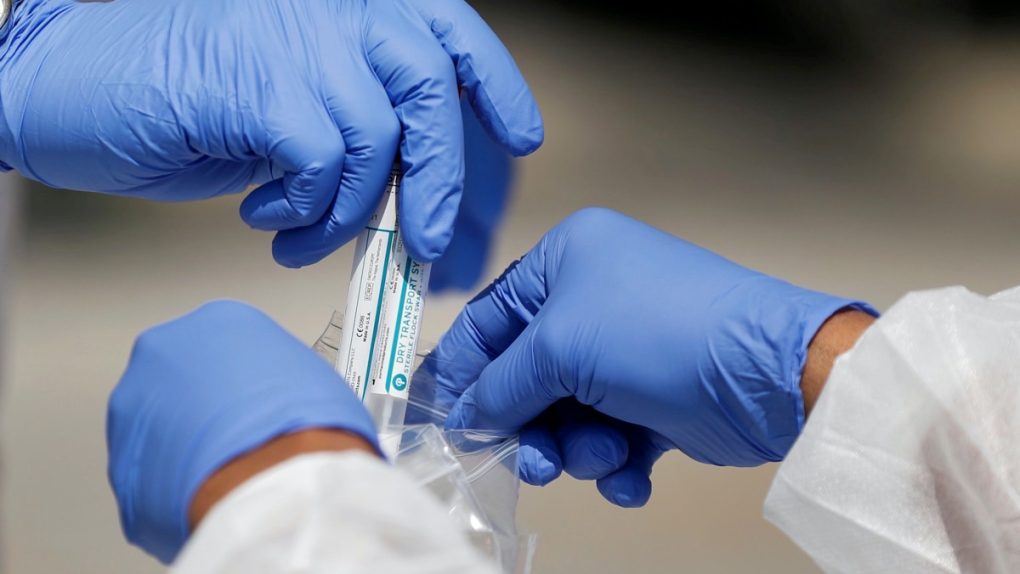- Immunity to the coronavirus might be even higher than we thought, a new study indicates.
- COVID-19 survivors who have low antibody counts could still mount an active immunity against the novel coronavirus.
- The researchers found two people who had COVID-19-specific T-cells that can identify and kill the virus for every person who developed antibodies that can prevent the virus from infecting healthy cells.
Many thought the peak of the novel coronavirus pandemic was in April, but it turns out the illness was just getting started. The world recorded over 200,000 cases on Wednesday, a record figure so far — the US accounted for more than 50,000 of them, also a record for the country. Earth will soon register its 11th million COVID-19 case, just days after the 10 million mark was reached. If the CDC’s estimates are accurate, the real number of cases might be 10 times as high.
COVID-19 has yet to be contained, and fighting against it will be all the more difficult if there are people who are unwilling to practice social distancing and wear face masks. But as dire as the situation might seem, there is a glimmer of hope coming from a group of Swedish researchers who studied COVID-19 immunity. It turns out that our protection against the novel coronavirus might be much better than we expected.
We’ve been talking about COVID-19 immunity for months. The longer it lasts, the better it is for patients. Reinfection would be possible after the immunity disappears, as is the case with other infectious diseases, but a longer immunity period would help with vaccine and herd immunity efforts.
But recent research indicates that immunity will be short-lived, and we could expect it to wane off after six to twelve months. Other studies have shown that the amount of neutralizing antibodies can drop significantly after three months. Those are the compounds produced by the immune system to block the virus from infecting cells. This would mean that any antibody test performed three months after infection might turn out to be negative.
Other researchers said at the time that the study did not take into account other aspects of the immune system, including the T- and B-cells. These are white blood cells that can kill the virus when a second contact is made, and cells that can grow new antibodies, respectively.
That’s precisely the kind of immune response that researchers from Sweden looked for. A team at the Karolinska Institute in Sweden tested 200 people for antibodies and T-cells. For every person that tested positive for antibodies, two were found to have specific T-cells that can identify and destroy cells infected with the novel coronavirus.
Sweden attempted to force herd immunity, avoiding any restrictions that could have prevented the spread.
The study indicates that the immunity might be more widespread inside a community than initially believed. That’s because authorities use antibody tests to determine the real spread of COVID-19. Take the CDC’s recent estimate that only 10% of US cases were confirmed via a PCR test. This is based on antibody testing in the country. But if the researchers in Sweden are right, then antibody testing would miss those individuals who have survived the illness and don’t have antibodies but do have a specific T-cell response that would give them protection. Mass-testing of T-cells is a more laborious process than testing for antibodies, however.
The fact that the coronavirus is surging in America is proof the country is far from reaching herd immunity naturally, through infection. In fact, the faster way to get there is through vaccines. But the Karolinska study indicates that more people who were infected might go undetected in antibody tests. This could lead to wrong conclusions in any heard immunity research going forward.
That said, more research is needed to determine the kind of protection COVID-19 survivors get. It’s not clear from the study whether the T-cells alone will protect just the individual or whether they’ll prevent transmission. This is an important matter to address. As BBC News explains, more analysis is needed to understand whether the T-cells can provide “sterilizing immunity” that can block the virus completely, or whether they just kill infected cells but don’t prevent the person from spreading the disease.
The T-cells in this study would target cells that have been infected and destroy them, stopping the virus from spreading to other cells. Circulating antibodies would actually bind to the virus and block it from hooking up to cells, and thus prevent the multiplication process.
The Karolinska researchers also observed that severe patients developed higher levels of antibodies and T-cells. Asymptomtics had lower levels of antibodies but a marked T-cell response. This appears to contradict findings from a different study from the UK that noticed a crash in T-cell counts in severely ill patients. The UK researchers considered using a T-cell test as an early indicator of what patients might experience a severe COVID-19 case. They’re also testing interleukin 7 (IL-7) in COVID-19 therapies, a drug that can boost T-cell production. More research is required to explain the discrepancies between these two studies.
We might still not know how long COVID-19 immunity lasts, but the Swedish study does offer promising results. Coronavirus survivors who have low counts of neutralizing antibodies in their bloodstream could still mount robust protection upon reinfection, assuming the data from the Karolinska Institute is valid.








